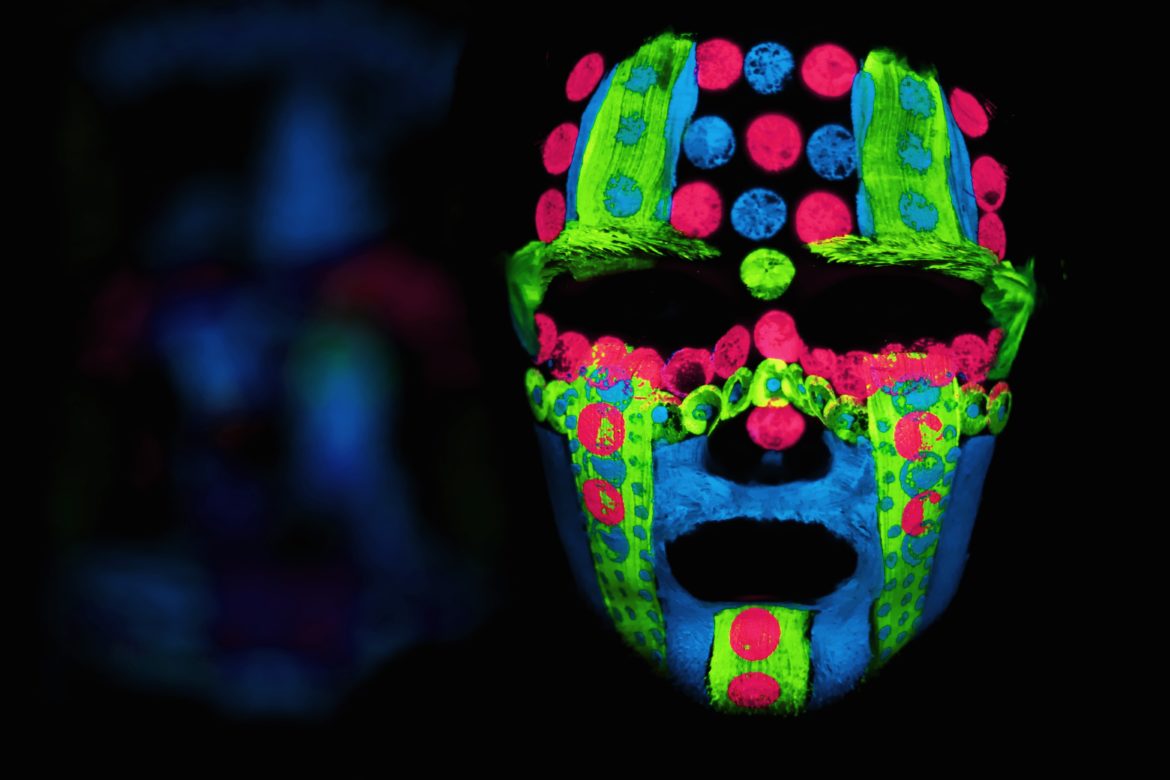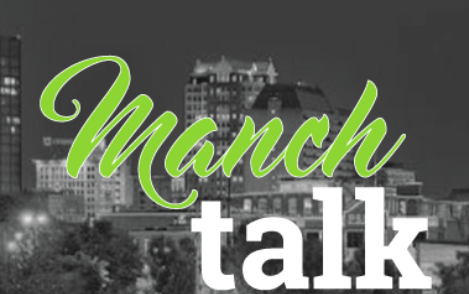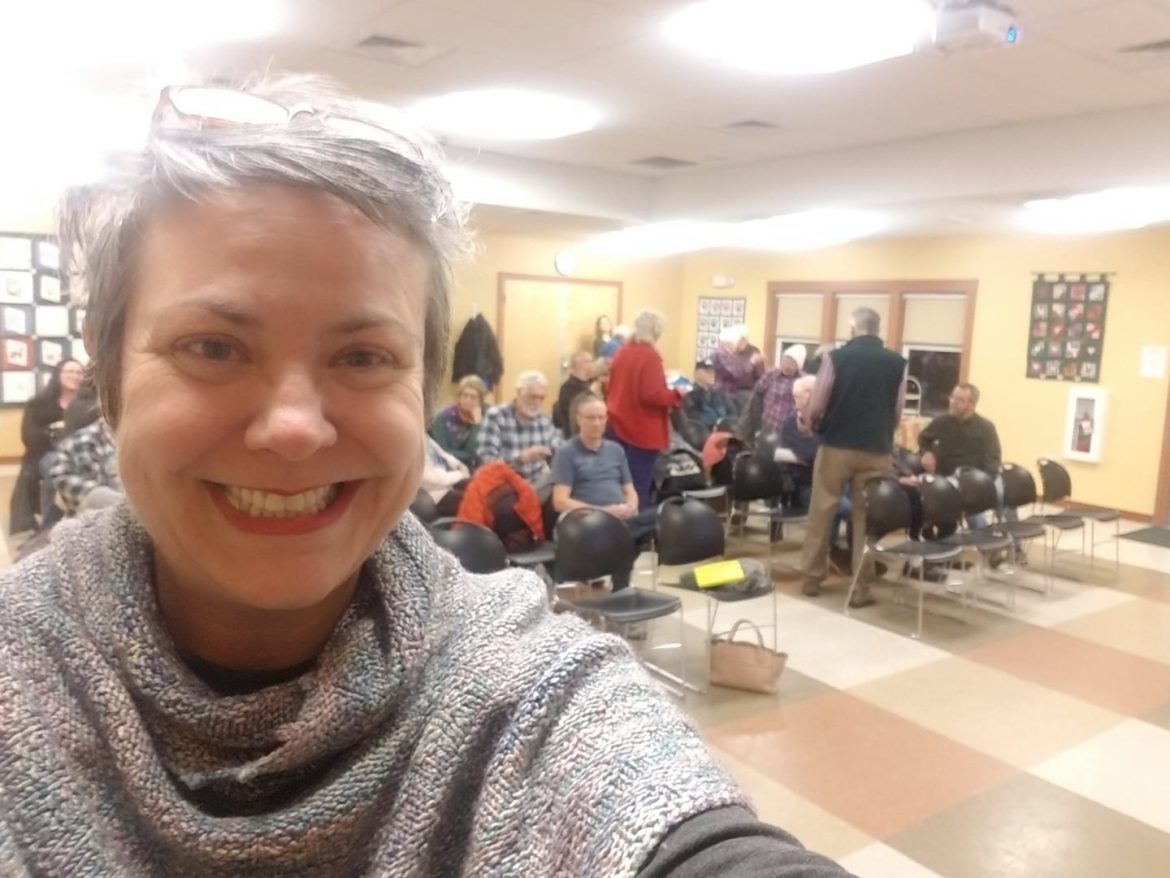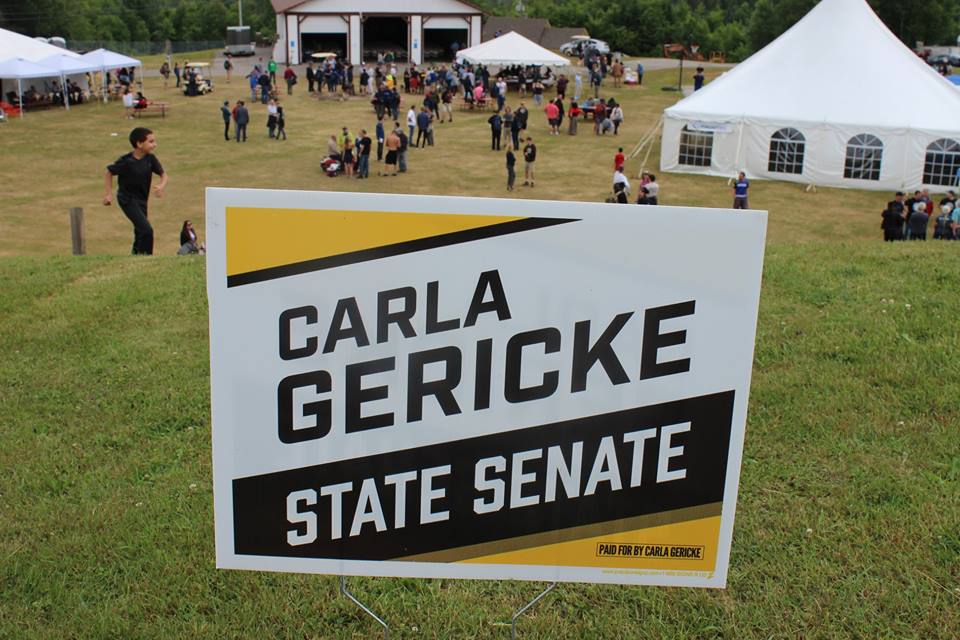The following is based on an analogy between infectious particles and pollution. However, I realized that it is a very bad analogy. Infection by virii and bacteria is, and has been forever, an inescapable risk of human interaction. As it has ever been, if we do not accept that risk, we should not interact with other humans. Inventing a new right in order to shirk our responsibility for our own health and actions is impermissible. Even if not so, a new right would require the people asserting that right to make the case for it. People that correctly deny that such a right has ever existed does not have to defend the status quo against an empty claim.
A curious “right” has been discovered by some libertarians: The so-called right to not be infected with viruses. Curious, because this right did not exist before, when spreading infection was just the way things were, and the way to herd immunity. Usually, this right is asserted as “You violate the NAP when you don’t wear a mask!”
Let’s get three obvious things out of the way.
First, some hold the extreme position that people are responsible for infection by proxy: Andy bears responsibility for Chris if Andy infects Betty, who in turn infects Chris. Under a just (i.e. free market, libertarian) legal regime, no-one can be held liable for the actions of others. This makes no more sense than if Betty slapped Chris because Andy angered her.
Second, the NAP can only be violated if actual damage occurs, not if damage is possible. Driving a car is not a violation of the NAP, even if it entails the possibility of an accident. Likewise, not wearing a mask, even if it entails the possibility of spreading an infection, cannot be a violation of the NAP.
Third, edge cases, like deliberate attempts to forcibly infect people directly, by restraining them, injecting them, or spraying fluid into their respiratory canals, is outside the scope of this discussion.
With that out of the way, if we examine the mechanics of infection, and the nature of property rights, the charge of a NAP violation, even when spreading infection, becomes mostly baseless.
An infected person expels infectious particles into the air around him, or, transfers them by touch to surfaces. The airborne particles can settle on surfaces, including the bodies of people. Then, an uninfected person has to transfer the particles into their respiratory system via inhaling them, or, via touch. And then, this person may or may not become infected. (There may be a pathway for infection via the eyes or skin, but that would be an extreme minority of cases.) Thus, in the vast majority of cases, the “victim” is an indispensable agent in his own infection.
There is, furthermore, an absolute requirement that a person, in order to be infected, has to be in a place that contains infectious particles. Visiting such places makes the “victim” an indispensable agent in his own infection too.
In a private property regime, leaving infectious particles in the air or on surfaces is just pollution. A property owner can allow infected people on to his property, just like he can allow people who smoke. People can minimize the possibility of getting infected by not visiting places where infected people are allowed. If a person gets infected when visiting such a property, then clearly it is a case of caveat emptor, not a NAP violation.
“Public” spaces would not exist in a libertarian private property regime, so there would not be places where the admission of infected people would not be governed by private contract. “Public property” under the current regime is at best un-owned, or at worst, stolen. If ownership does not exist, or is illegitimate, then all rules governing use of that property are illegitimate. So people that get infected on public property would also be a case of caveat emptor, not a NAP violation.
In cases where property owners bar infected people, and an infected person knowingly enters, the NAP violation is a violation of an implicit contract with the property owner. Simple trespass, not murder, as the advocates for the NAP violation would have it. Anyone who gets infected as a result of the pollution of that property has a dispute with the property owner, not the trespasser.
Since no property owner can guarantee 100% protection against infection, visitors always agree to the possibility of getting infected. If they do get infected, they are due the compensation offered by the property owner (if any), no more. Since they agreed to being infected, what claim do they have against the polluting trespasser?
Finally, it is worth considering that in previous flu seasons, property owners were not barring entry to infected people, and no-one was accused of “murdering grandma” because they left their house without a mask. A somewhat novel virus with a 99.6% survival rate does not justify the establishment of a new “right” and a new “crime”. Under libertarian property law, there is no NAP violation in choosing not to wear a mask, other than run-of-the-mill trespass, where it applies.
(I update this essay to strengthen the argument, based on feedback and counter-arguments. I’d like to thank Varrin Swearingen and Paul Best for their thoughtful contributions.)



